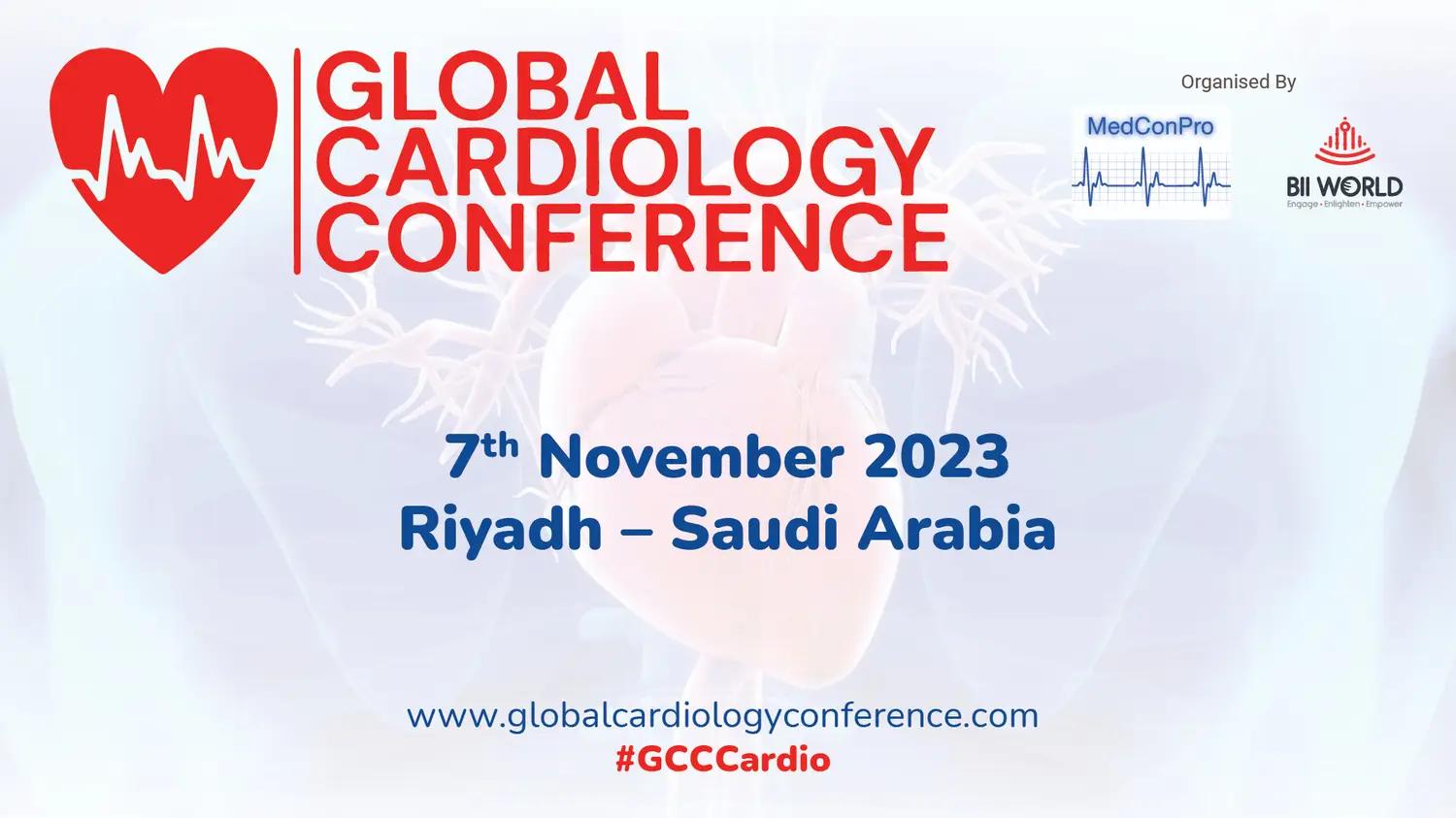
New Optimal Low-density Lipoprotein Cholesterol Reductions in Patients with Atherosclerotic Cardiovascular Disease: Maximizing Clinical Benefit within the Department of Veterans Affairs
 hosted byMed Learning Group
hosted byMed Learning Group
New Optimal Low-density Lipoprotein Cholesterol Reductions in Patients with Atherosclerotic Cardiovascular Disease: Maximizing Clinical Benefit within the Department of Veterans Affairs is organized by Med Learning Group.
Program Overview:
This activity is designed to help lipidologists, cardiologists, and other healthcare professionals involved in the management of US veterans with familial hypercholesterolemia (FH) to improve cholesterol and cardiovascular outcomes for veteran patients.
Learning Objectives:
On completing the program, attendees should be able to:
• Interpret evidence from clinical trials evaluating the efficacy and safety of PCSK9 inhibitors used to lower persistently elevated levels of LDL-C
Assess clinical trial-derived evidence suggesting that PCSK9 inhibitors can reduce the risk of developing ASCVD in patients with persistently elevated levels of LDL-C including those with FH
• Formulate individualized management plans for US veterans with FH that include the use of PCSK9 inhibitors towards the goal of lowering LDL-C levels and the associated risk of ASCVD








